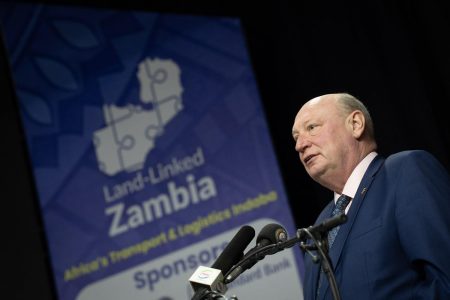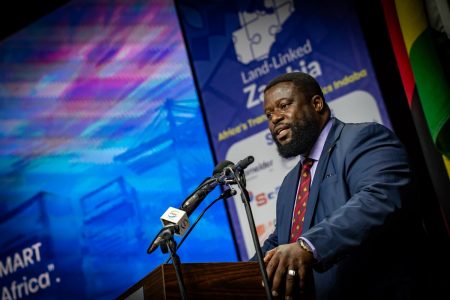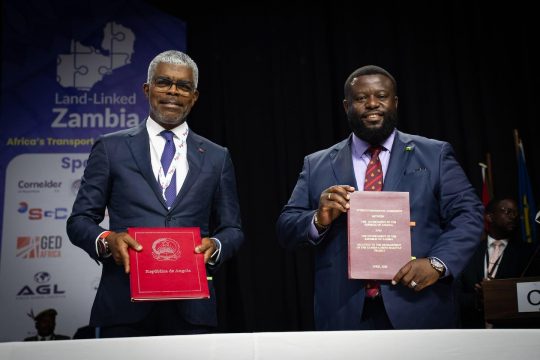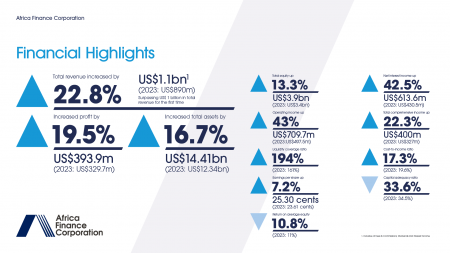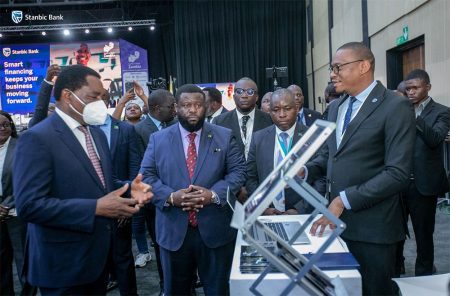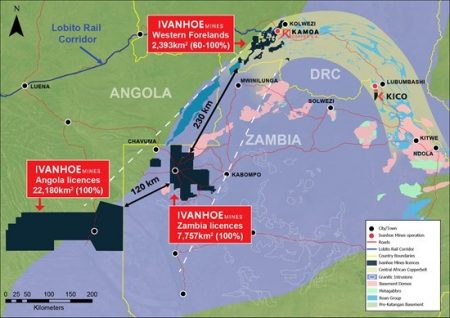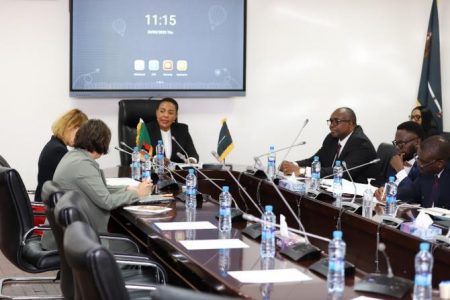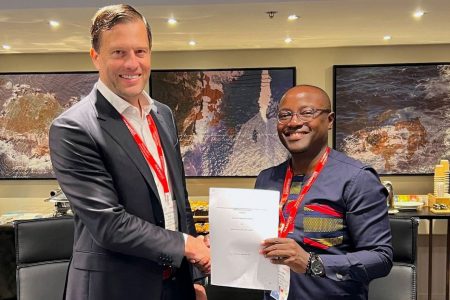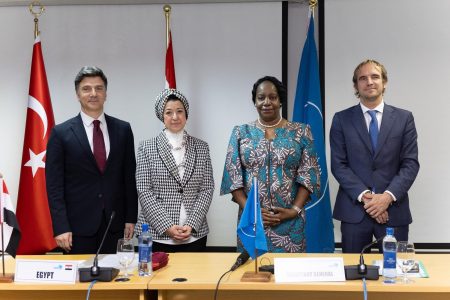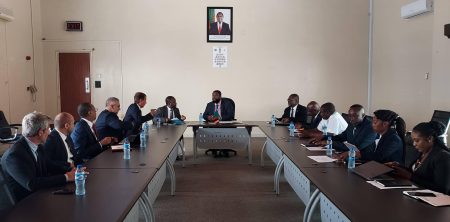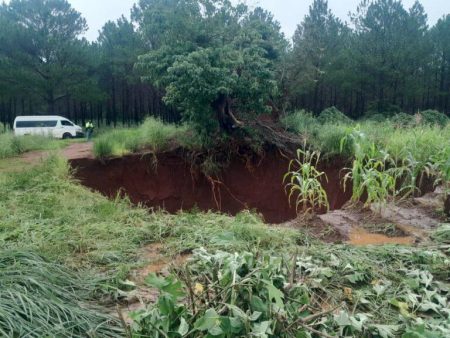With major railway projects like the Lobito Corridor and the Nacala Corridor set to link southern and eastern Africa to the Indian and Atlantic Oceans, Zambian President Hakainde Hichilema has called for the elimination of cross-border bureaucracy and trade barriers to boost intra-African trade.
Citing delays at the Zambia–Zimbabwe border, where trucks often take hours to cover just one kilometre, Hichilema highlighted similar inefficiencies at the Kasumbalesa border between Zambia and the Democratic Republic of the Congo. He stressed the urgent need to streamline border processes across the continent.
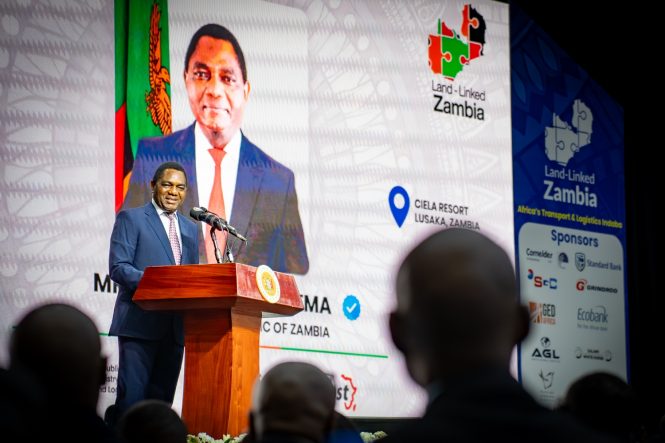
He was speaking during the Land-Linked Zambia 2025 under the theme “Embracing SMART Transport Corridors in Africa”. SMART in transport terms stands for Safety, Mobility and Automated Real-Time Traffic Management. The theme is a call for stakeholders to realise the business and investment opportunities in the corridors that Zambia has embraced, including Beira, Nacala, Walvis-Ndola-Lubumbashi and now the Lobito Corridor.
Hichilema said Zambia plans to leverage its strategic location, bordering nine countries, to grow its economy by capitalising on emerging transport corridors. He pointed to Switzerland, a landlocked nation that has become a major trade hub in Europe, as a model. By enhancing its transport connectivity, he said Zambia and its neighbours could benefit from direct links to ports such as Walvis Bay, Lobito, Beira, Nacala, Maputo, and Durban.
He emphasised the importance of increasing intra-African trade and praised regional cooperation among Zambia, Zimbabwe, Botswana, and Namibia through initiatives like the Kazungula Bridge over the Zambezi River. The four countries are developing joint trade strategies and harmonised plans that align with their shared trade vision.
Hichilema lamented that Africa is the continent with the lowest levels of internal trade, calling it an indictment of African leadership. This realisation has prompted SADC and EAC leaders to convene joint summits focused on trade cooperation and opportunities.
The African Union’s through the African Continental Free Trade Area (AfCFTA) is creating a single continental market with a population of about 1.3 billion people and a combined GDP of approximately US$ 3.4 trillion.
Regarding the Lobito Corridor, Hichilema announced that Tanzania has now been integrated into the project. The Tanzanian link will connect from Chingola in Zambia’s Copperbelt to Kapiri Mposhi, where the TAZARA Railway begins.
With advancements in containerization and logistics, Hichilema urged the adoption of digital technologies, such as single-window customs clearance systems, to reduce border delays and improve efficiency.
Despite facing a severe drought and a resulting electricity deficit, Hichilema noted that Zambia’s economy grew by 4% in 2024, driven mainly by mining and tourism. He reiterated his ambition to double the country’s GDP.
On energy infrastructure, Hichilema said Zambia is working to establish interconnectors with Angola, Tanzania, Mozambique, and Malawi. He noted that the existing 200MW interconnector with Zimbabwe is insufficient to meet growing regional electricity demand.
He emphasised the need for regional cooperation, urging neighbouring countries to see each other as partners rather than competitors. He proposed joint investments in border regions to enhance mutual benefits.
However, Hichilema pointed out that the cost of capital in Africa remains significantly higher than in other regions, with African nations often paying interest rates of 11–12%, compared to around 5% in Europe for similar projects. He stressed that Africa is not asking for favours, but for fair and equitable financing terms.
He highlighted Africa’s strategic advantage in its rich mineral resources, including copper, cobalt, manganese, lithium, and rare earth elements. To maximise the benefits, he advocated for joint ventures with foreign investors instead of projects being wholly foreign-owned, stating that such partnerships act as a safeguard against potential nationalisation in case of disputes.
Written by: Chamwe Kaira
